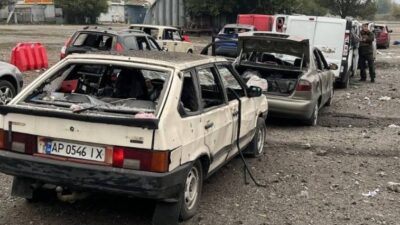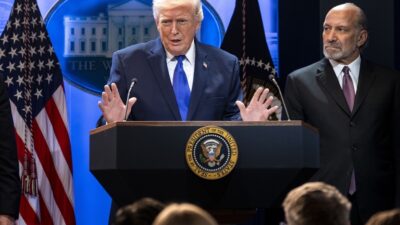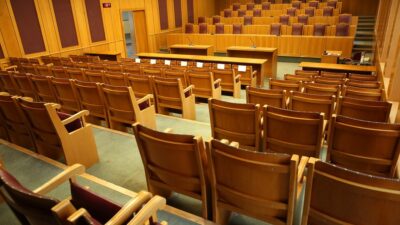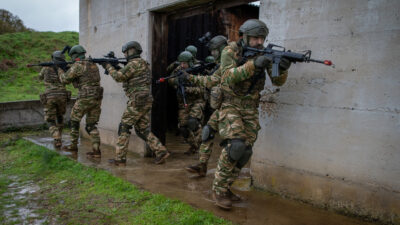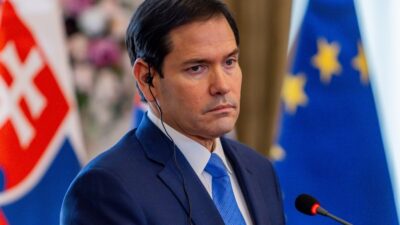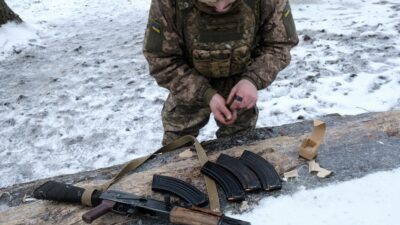Giorgos Protopapas: Why a “Greater Albania” worries Russia
14/10/2020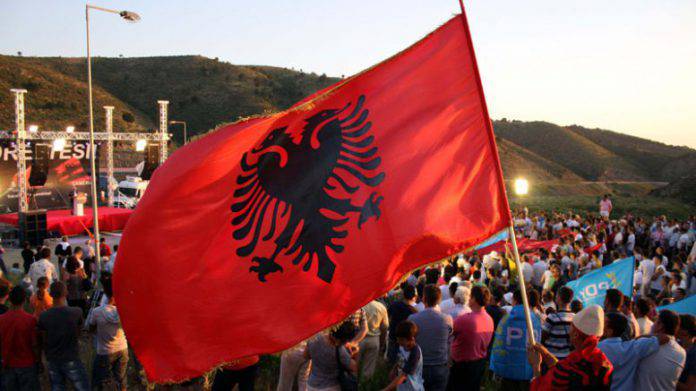
The issue of a “Greater Albania” suddenly brought the Russian Foreign Ministry back to the fore, calling the elimination of the Albanian-Kosovo border a threat to the security of the Balkans. Although the specific news was not highlighted by all the Greek media, the Russian Ministry of Foreign Affairs did not proceed with the specific announcement by chance.
Moscow believes a “Greater Albania” could boost US influence in the Western Balkans. At the same time, it is concerned about the threat of Albanian nationalism, which could trigger the already lingering ethnic-religious tensions in the Western Balkans. The joint meeting of the governments of Albania and Kosovo was the reason for the Russian reaction.
The Russian Foreign Ministry said in a statement: “An ambiguous impression is being made that, despite the dubious and risky nature of their ‘approach’, the governments of Tirana and Pristina are still pursuing the policy of Greater Albania, no matter how hard they try to embellish their own plans; such actions pose a real threat to peace and stability in the Balkans. ”
It is also noted that the position on the need to “eliminate the border” between Albania and Kosovo can not but cause concern. Finally, the Russian Foreign Minister stresses that such additions undermine efforts to resolve the Belgrade-Pristina problem.
Elimination of borders
The governments of Albania and Kosovo held a joint meeting on October 2nd as part of the “Together without Borders, in a Borderless Area” initiative. Over the last four years, several such meetings have taken place between the two sides. Albanian Prime Minister Edi Rama is seeking to include Kosovo in the “Mini-Schengen” initiative, launched by Albania, Serbia, and North Macedonia. The goal is to create soft-borders, elimination of trade barriers, free movement of people, and services.
The creation of a “Greater Albania” criticized by the Russian Foreign Ministry is far from taking, on the basis of existing data, the form of hard-borders envisioned by Albanian nationalism. A “Greater Albania” will include Albania, Kosovo, Albanian speakers from Skopje, Serbia, Montenegro, and the Albanian diaspora.
Washington does not seek to divide North Macedonia, nor to dismantle small and weak states that are prone to its interventions. Kosovo’s huge US military base Camp Bondsteel, which has size of 3.86 square kilometers – 149 kilometers from the Greek border and 26 kilometers from the city of Skopje, gives Washington the opportunity to control the region and promote its geopolitical and energy interests.
Islamist extremism
In addition, a demarcated “Greater Albania” could develop into a center of Islamic extremism and destabilize the wider Balkan region. Russia knows that sleeping Islamist cells have the potential to be activated immediately.
Islamist extremist fighters who have returned from the Syrian civil war to the western Balkans, where they came from, are considered a threat to the security of the wider region. According to expert estimates, the Balkan Islamist fighters who had joined the Islamic State do not seem to have left the region to take part in new battles in the Middle East.
Islamic fundamentalism, especially Salafism, first appeared in the Balkans through preachers and mosques funded by Saudi Arabia during the Yugoslav wars in the 1990s. Fundamentalist influence increased to a great degree, during the last few years, because of the bad economic and social conditions of the area, which have disappointed young people. Such conditions turned disaffected youths towards Islamist extremism.
A resurgence of ethnic-religious divisions, involving Islamist extremists, will have a negative impact on Russia’s strategy in the Western Balkans. Moscow is somehow seeking to unite Serb Orthodox Christians in order to increase its influence in the region.
